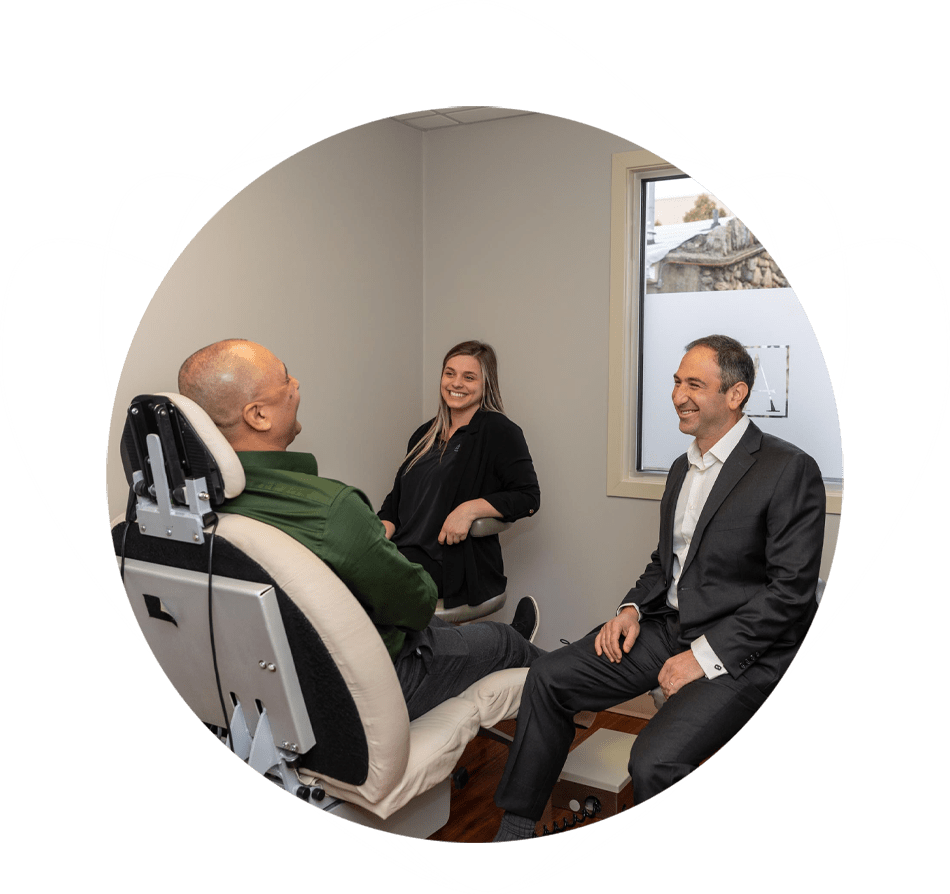Temporomandibular joint disorder, more commonly referred to as TMJ or TMD, can be a lonely experience. Pain can be debilitating some days, minor the next, and because symptoms aren’t necessarily obvious to others, it can sometimes feel like you’re in a world of pain all by yourself. What can make matters worse is the diagnosis process, which can not only be lengthy, but can feel like an interrogation, or even like no one is listening. Although these feelings are valid, it can be helpful to know that you’re not alone. According to the National Institute of Dental and Craniofacial Research, close to 10 million Americans have been diagnosed with TMJ. Even if you’ve only been experiencing symptoms for a few months, or if you’ve been suffering for multiple years, this list of 3 things TMJ sufferers should know can help you to better understand your symptoms, how to manage them, and hopefully how make you feel less alone.
TMJ Symptoms Vary Widely
When most think of TMJ, they think of the jaw as the first and only location of symptoms. Clicking or popping noises while eating, limited jaw mobility, or muscle soreness are all the quintessential symptoms of TMJ, but not the only ones. TMJ is a complicated disorder that can affect the head, shoulders, and even fingers in interesting ways. That’s because the temporomandibular joint relies on complex muscular and nerve connections in the skull and neck to function, which means that when the temporomandibular joint fails to function properly, it can also affect these other areas.
Some less known symptoms include:
- Tingling fingers
- Frequent headaches
- Vertigo
- Shoulder and back pain
People with TMJ also commonly have sleep apnea, so you should be on the watch for sleep apnea symptoms, too.
Quality of Life Can be Affected
TMJ flare-ups can cause severe pain that limits your ability to eat the foods you want, and even your ability to speak, but that’s not the only way for TMJ to affect your quality of life. Lesser known symptoms like tinnitus, or ringing in the ears, can become a constant annoyance that just won’t go away. Couple this with vertigo, dizziness, and frequent headaches, and it’s easy to see how TMJ symptoms can take away your energy and make you lethargic. Being in pain constantly can be an exhausting endeavor.
Treatment Can Help
Because symptoms can vary so widely, it can be difficult to determine how you treat TMJ at all. Doctors and dentists often misdiagnose TMJ symptoms and recommend ineffective treatments. Surprisingly, however, there are several treatments out there that can be effective at treating pain and limiting symptoms. Many of these treatments, the more effective ones, are drug-free and can be prescribed by a neuromuscular dentist. Treatments such as mouth splints custom-made to fit your mouth can help rest your jaw while you sleep, making it easier for your joint to recover.
If you are suffering from jaw pain or other TMJ symptoms in the Mohegan Lake, New York, area please contact Advanced Dentistry of Mohegan Lake today to schedule a neuromuscular dentistry consultation, or call (914) 526-2144.





